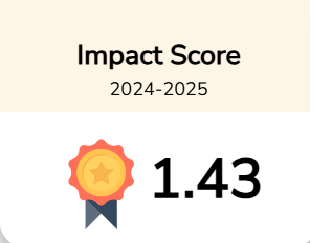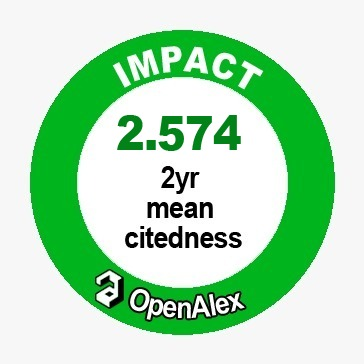Public health expenditure, government effectiveness and labour productivity in West Africa
Downloads
Purpose: This study aimed at empirically exploring how the expenditure of public health and the effectiveness of government impacted the productivity of labour in West Africa.
Design/Methodology/Approach: This study used data from 1980 to 2022 generated by the World Bank and adopted multiple regression, mediation and correlation analysis. Additionally, the co-integration test of Johansen and the residual-based test using the Engel-Granger approach were used.
Findings: Expenditures on the health of the public and the effectiveness of government indicated some positive but insignificant impacts on labour productivity in the short run. At the same time, the expenditure on public health indicated a long-term, significant and adverse impact on labour productivity in Nigeria, Togo, Guinea, Senegal and Mali.
Conclusion: The present study explored how expenditure on public health and the effectiveness of the government impacted the productivity of labour in West Africa. Apparently, the level of public health expenditure and government effectiveness are yet to positively impact the productivity of labour.
Practical Implications: These results presented the critical role of public health expenditure and government effectiveness in enhancing the productivity of labour. Therefore, the study suggests that the government invest significantly in healthcare services in order to promote and safeguard the health of the people.
Contribution to the Literature: This study offers an innovative perspective on labour productivity by highlighting the crucial roles played by governments in public health investment for productivity.





